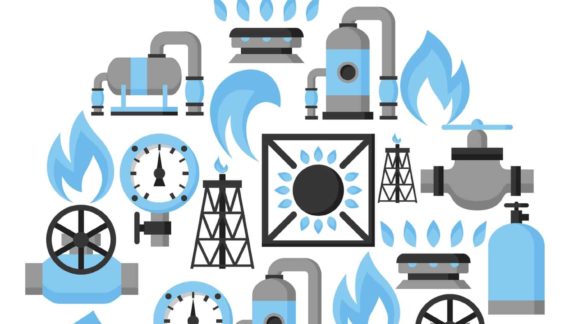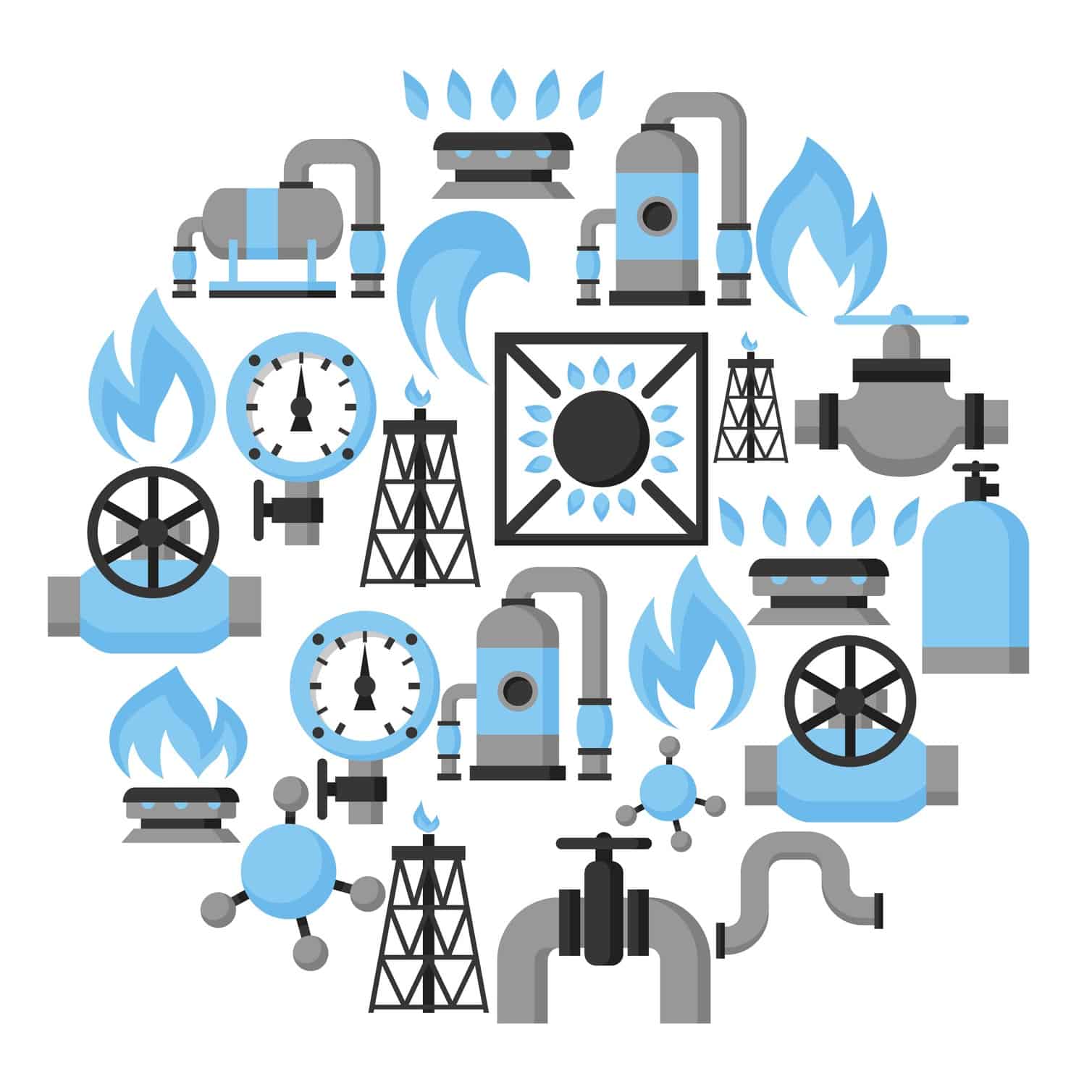Congress Should Nullify Obama’s Unlawful and Wasteful Methane Rule

 This week, the U.S. House will consider a Congressional Review Act joint resolution of disapproval to overturn the Bureau of Land Management’s (BLM) methane capture rule. This rule should be nullified for several reasons—it’s an arbitrary, counterproductive, and wasteful regulation. Moreover, the rule also exceeds the BLM’s statutory authority.
This week, the U.S. House will consider a Congressional Review Act joint resolution of disapproval to overturn the Bureau of Land Management’s (BLM) methane capture rule. This rule should be nullified for several reasons—it’s an arbitrary, counterproductive, and wasteful regulation. Moreover, the rule also exceeds the BLM’s statutory authority.
The rule originated as part of President Obama’s Climate Action Plan, which called for policies to reduce the “venting and flaring” of methane from oil and gas development. Even if we assume the Clean Air Act implicitly authorizes the Environmental Protection Agency to regulate methane for climate change purposes, Congress clearly did not delegate such power to the BLM when it enacted the 1920 Mineral Leasing Act or other putative authorities cited by the agency.
The rule will have undetectably small impacts on global warming, sea-level rise, polar bear populations, or any other climate-related variable people care about. All of the rule’s climate benefits and up to 90 percent of its total monetized benefits are artifacts of the assumption-laden virtual world of “social cost of methane” modeling.
The BLM claims it is not making climate policy but simply using its Mineral Leasing Act authority to “prevent waste of oil and gas developed” on federal and tribal lands. But flaring or venting methane is not equivalent to wasting gas. Indeed, flaring may be the most economically-efficient option. It all depends on each operator’s economic circumstances.
Since methane is a major constituent of natural gas, operators have an incentive to capture methane until marginal costs exceed marginal revenues. The idea that thousands of frackers are flaring and venting away hundreds of millions of dollars of easy money is ludicrous.
The rule’s across-the-board requirements to capture methane and reduce flaring ignore the different costs operators face in different oil and gas developments. Such one-size-fits-all requirements are arbitrary and, thus, flout the Administrative Procedure Act.
Even as waste management policy, the rule is likely to be counterproductive. To meet the flaring reduction requirements, operators with high oil-to-gas ratios may have to curtail oil production. That would mean less oil, higher fuel prices, and lower royalty payments to the Treasury. What a waste!
The rule also diverts the BLM from more effective ways to encourage methane capture. Oil and gas operations continually become more efficient, which is why flaring rates and volumes in the Bakken region have declined sharply since 2014. However, insufficient pipeline infrastructure continues to discourage methane capture by limiting the delivery of gas to customers. The time and money that the BLM has expended to develop the rule—and will expend to enforce it—are resources the agency cannot use to expedite pipeline approvals and construction.
For more congressional reform ideas, see the energy and environment chapter of Free to Prosper: A Pro-Growth Agenda for the 115th Congress.